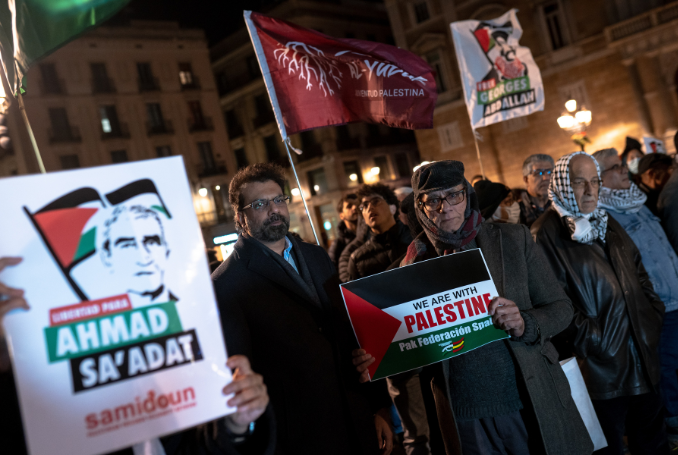
By John McAulay
It has been an unusually warm winter in Barcelona, with clear skies that have allowed a dazzling sun to push temperatures up, at times into the low twenties. But on Tuesday, January 17, the elements collided to serve the city its first episodes of rain and ghastly winds which force one to search for cover. Just the kind of weather that would push most people home, instead of out in the open street to protest against Israeli’s violation of human rights. However, that is exactly what happened.
Barcelona has had pro-Palestinian demonstrations before –especially at times when the Occupation’s violence has soared–, but this time it’s different. That is because a group of activists, in the spirit of the BDS (Boycott, Divestment, Sanctions) Movement, have forced the city’s local government to face an awkward predicament: is it willing to break the Zionist stigma by denouncing the crime of apartheid taking place against the Palestinian people and, consequently, putting all institutional relations with Israel on hold until international law and human rights are respected?
The proposal is nothing new. “It’s a historic demand that has gained strength in the last year-and-a-half“, Alys Samson told me. Samson is a member of ‘Enough Complicity with Israel’ and one of the figureheads behind the popular initiative, which has registered substantial support in “record time”. A diverse coalition of over a hundred organizations have rallied behind the initiative, which the City Hall will have to face next month.
“Here, solidarity with Palestine is very strong, so it’s not a coincidence that Barcelona could be the largest European city to break ties with Israel”, she adds. And the initiative calls for the “bare minimum”, as it asks to suspend relations only until human rights are respected. In fact, the city already froze its link with Saint Petersburg after the Russian invasion of Ukraine last year, so it would be unreasonable to act differently with Israel. “This double standard between both occupations has to stop”, Samson argues.
On this cold evening in Sant Jaume Square, a mass of people gathered in front of the City Council building in an effort to add pressure on the local government. Some sport keffiyehs around their otherwise vulnerable necks and others actively brandish the Palestinian flag high above their heads –the wind tugging energetically as if it were Itamar Ben-Gvir trying to force the black, white, green, and red fabric from their hands. There are also posters showing support for political prisoners Georges Abdallah and Ahmad Sa’adat while spontaneous calls of “Long live the Palestinian people’s struggle” and “Boycott Israel” resonate into the open air. In front of them lay 231 pairs of shoes of all styles and sizes, in memory of the martyrs that were killed by the Occupation during 2022
After a minute of silence, several organizers take turns sharing their views. “The scale of Israeli violence is accompanied by a surge in its practice of apartheid”, one activist says, recalling that Amnesty International, Human Rights Watch and the United Nations Special Rapporteur on the occupied Palestinian territories expert have already expressed similar concern. Another voice calls on Western institutions to cease being complicit by “sanctioning and pressuring Israel”. A demand which is extended to the City Council only a few meters away. “We want a Barcelona that, when faced with war crimes, doesn’t look away, but becomes an international example”, a third activist demands.
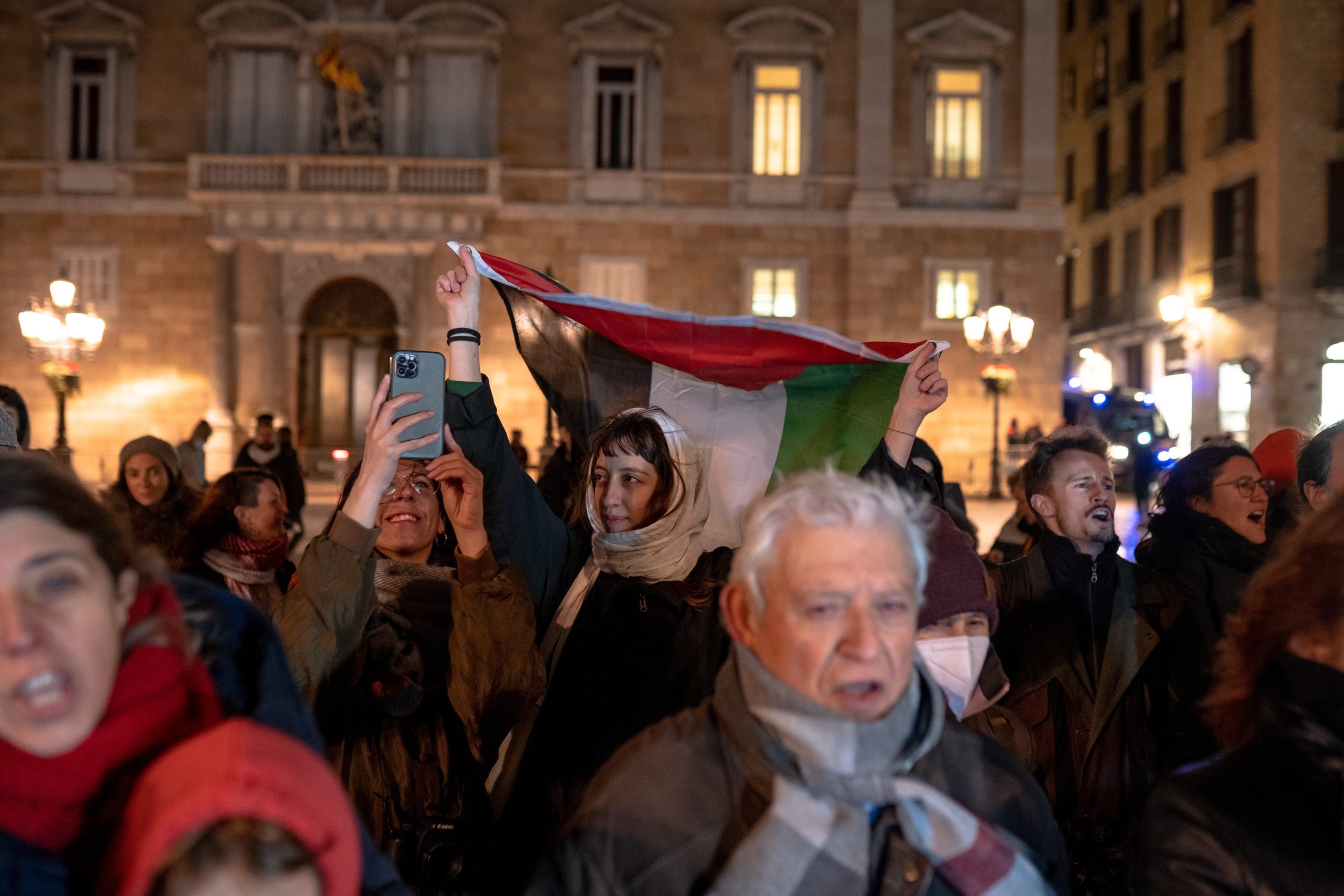
The Catalan Parliament’s Historic Vote on Israeli Apartheid
This is not the first time that Catalonia has held a vote decrying Israeli apartheid. In June last year, the regional Parliament made history as it became the first in Europe to recognize and condemn this crime against the Palestinian people. “The system applied by Israel to the Occupied Territories is contrary to international law and is equivalent to the crime of apartheid”, the resolution read. A handful of parties representing over 60% of the legislative body voted in favor.
However, controversy arose when the regional Minister of Foreign Affairs –a member of the only party that turned down the proposal– traveled to Israel a few months later and spoke out against the motion. “It is not the position of the Catalan government nor is it the position of Catalans”, Victòria Alsina asserted during an interview on television. In fact, she was only the latest to condemn the regional Parliament for siding with the Palestinian people and speaking out against Israel’s crimes, after numerous Israeli organizations lashed out.
It has been no different this time. The Friends of Israel Catalan Association has been on a tour of several media outlets to hit out at the proposal in typical Zionist-fuelled hysteria. Among other talking points, its president has argued that the bid is “xenophobic” in nature, backed by activists who are not pro-Palestinian, but “anti-Israelis that feed their obsession against the State of Israel”. And B’nai B’rith has condemned a proposal “that is no doubt motivated by the most extreme anti-Israel bias”. The organizers say otherwise. “This manipulation of racism and pain is terribly grave”, claims Samson. “Israel manipulates any criticism regarding its violation of human rights using the ‘antisemitism’ label”.
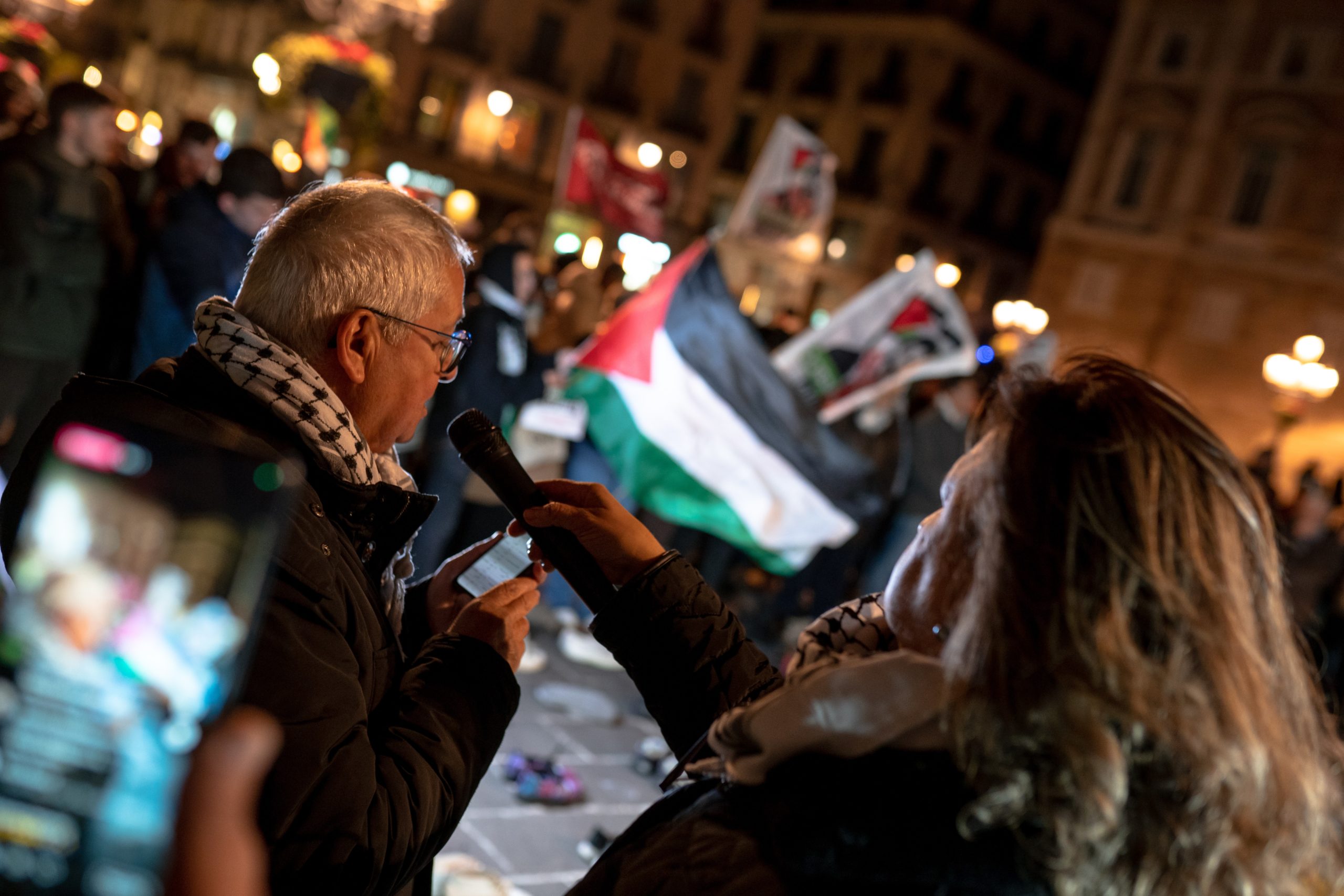
Barcelona, Tel Aviv and Gaza: A Failed Experiment
The initiative also wants Barcelona to cut ties specifically with Tel Aviv. The relationship between both cities on either side of the Mediterranean stretches back almost twenty-five years, when, amidst the general buoyancy of the Oslo Accords in the 1990s, the peace process seemed to be in full swing and a solution to the occupation was genuinely considered within reach. It was in this context that the 1995 Euro-Mediterranean Partnership took place in Barcelona, with the presence of both Yasser Arafat and Ehud Barak, and backed the principle of “peace for territories”.
Soon after, in 1998, the Mayor of Barcelona decided to add his grain of sand by inviting his counterparts in both Tel-Aviv, Roni Milo, and Gaza, Awn Saadi Shawa, who signed a “historic” three-way Friendship and Partnership Agreement. The cities expressed their support for the Oslo Accords and pledged to share experiences and knowledge, while also encouraging cooperation between citizens and contributing to the betterment of the conditions in Gaza. But despite the big words, nothing ever came of it.
The Barcelona City Council itself recognizes that the “difficulty” of the Peace Process and the resurgence of the conflict at the turn of the millennium “have made that the actions agreed between the three cities have been of little significance”. The Catalan capital has kept “bilateral meetings” with Tel Aviv, and has undertaken “several cooperation and technical assistance projects” with Gaza. However, it has been nowhere near what the initial agreement had planned.
Activists have not stood alone in voicing their criticism of the three-way agreement. In December, Barcelona’s Ombudsman threw himself into the mix by asking the local government to break its link with Israel’s capital. After careful review, it argued that the pact “has not taken into consideration the change of circumstances” in the last quarter of a century, and “does not respect compromise with human rights” or stand for the promotion of “global justice”. The city’s Public Advocate also went further, and condemned Israel’s apartheid, calling for all government institutions to denounce the discriminatory system. “Maintaining ties with municipal or national authorities in Israel that legitimize occupation and colonialism in Palestine result in being complicit”, he explained.
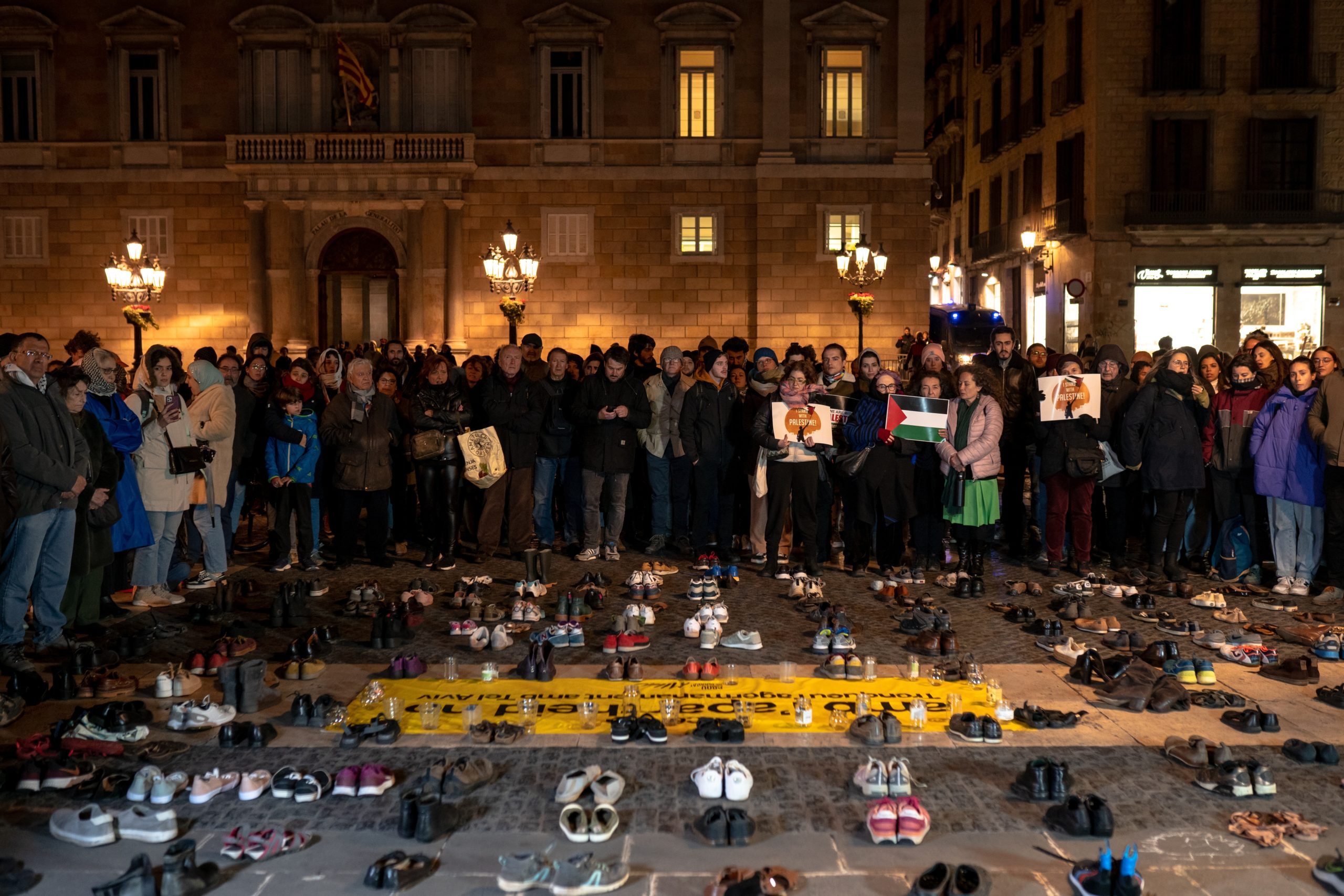
Will the Proposal Go Through?
The popular initiative involving Barcelona confidently surpassed the required threshold of 3.750 signatures, and will therefore reach the City Hall in the coming weeks. In fact, the vote to cut ties with Israel and Tel Aviv will most probably take place on the last Friday of February. But the question now is whether it will garner sufficient support from political parties in order to put the demand into practice.
At present, only one group with a presence in the City Hall has shared its support for the initiative, but it is the party to which Mayor Ada Colau belongs. BComú has encouraged people to sign the petition on social media and confirmed that it will vote in favor. It comes as no surprise, as the political organization has strongly condemned Israeli violence in the past and called for the Spanish government to put an end to the arms trade and military cooperation with Israel. Colau has also been personally involved after Juana Ruiz, the coordinator of a Palestinian ONG, was arrested by Occupation forces in 2021. The Mayor condemned the “arbitrary” nature of the detention and demanded to the Israeli ambassador in Spain that Ruiz and the rest of the activists imprisoned for “political reasons” be freed.
The question mark, therefore, now hovers over the rest of the parties, particularly ERC and PSC, both of which voted in favor of recognizing Israel’s practice of apartheid in the Parliament just over six months ago. The only difference now, however, is that local elections are coming up in May, and that could make political groups more cautious. Neither party has revealed their intentions and admits that they are still weighing up the options. But the organizers are optimistic. “We are only asking for coherence”, says Samson.
“If Catalonia recognizes Israel’s apartheid, it would make no sense for Barcelona to maintain its links”. Time will tell whether the metropolis leads the way in the West’s solidarity with Palestine.

– John McAulay is a journalist based in Barcelona with an interest in social issues and international conflicts. He contributed this article to The Palestine Chronicle.

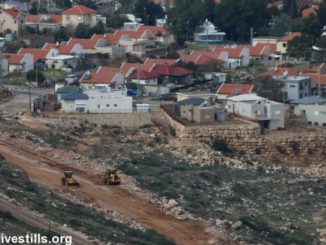

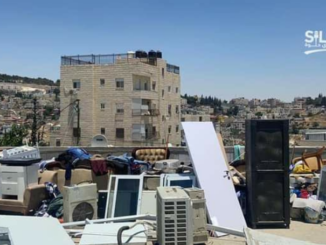




Shame for Barcelona to support terrorist nation Palestinian which kills Jews every day.
We in Israel will retaliate against Barcelona decision and will call for Israelis to boycott Barcelona